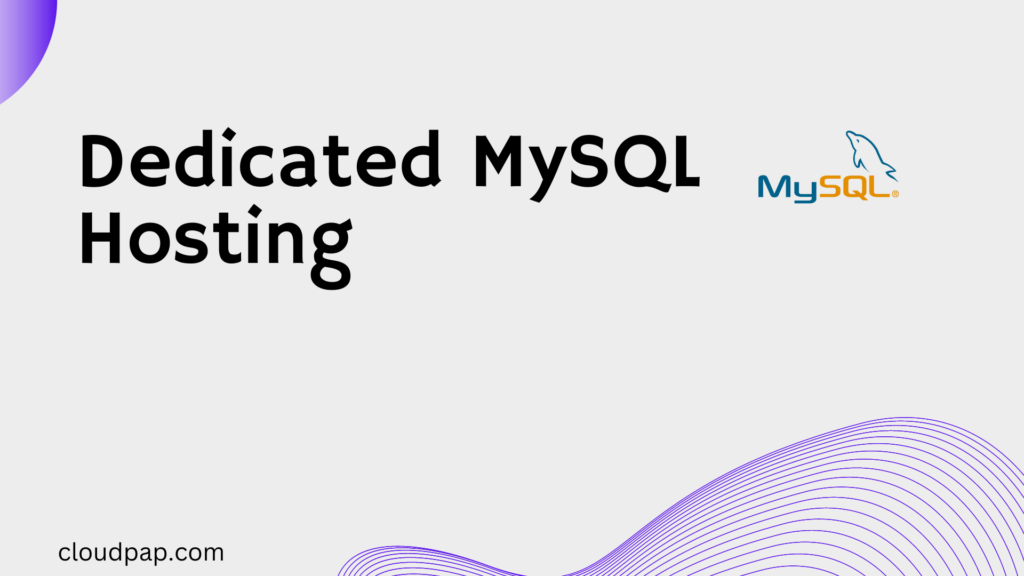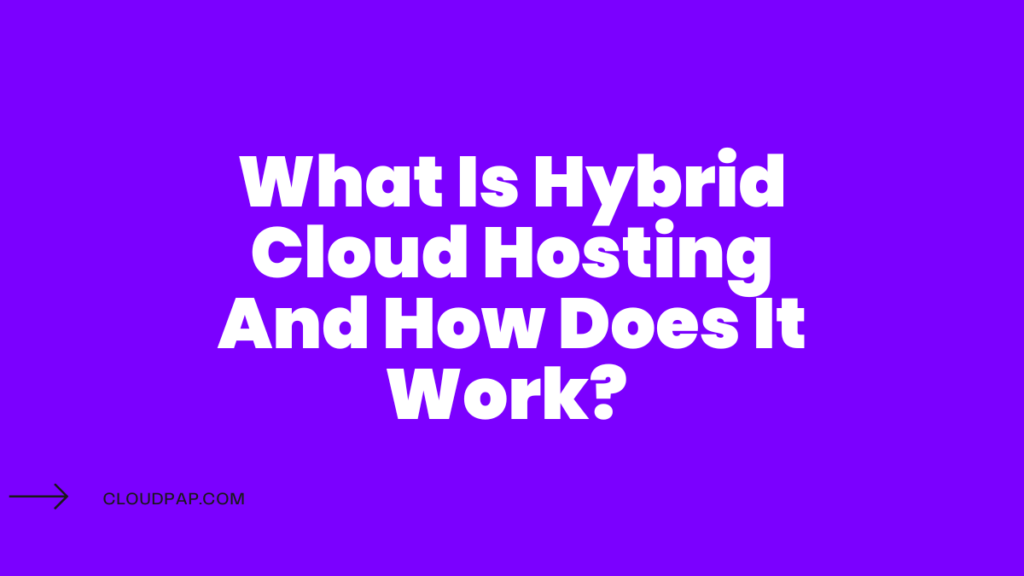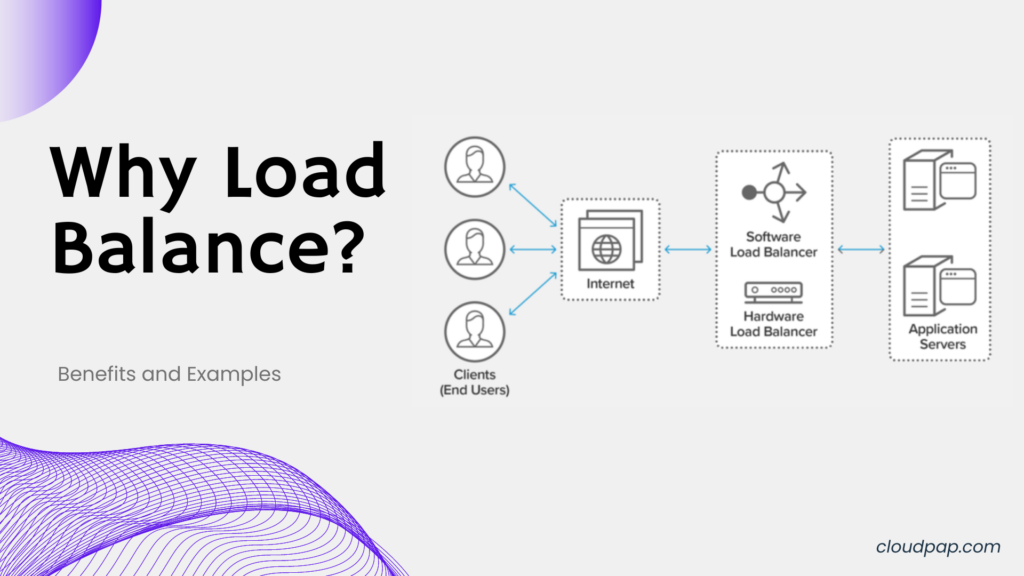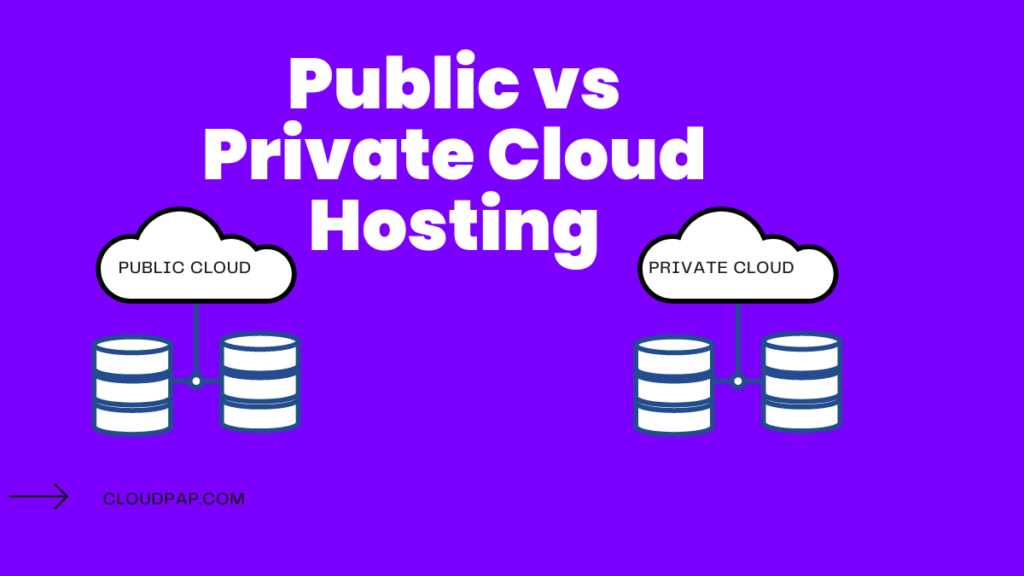Introduction
When it comes to hosting your website, there are various options available, including shared hosting and VPS hosting. In this guide, we will explore the key differences between these two hosting options.
Shared Hosting
Shared hosting refers to a hosting environment where multiple websites are hosted on a single physical server. Here are the key aspects of shared hosting:
What is it?
Shared hosting is like living in an apartment building where many families share the same resources, similar to multiple websites sharing a computer called a server. Shared hosting involves sharing server resources, such as CPU, RAM, and disk space, with other websites. It is an affordable option suitable for small and medium-sized websites with limited needs.
Pros of Shared Hosting
– Cost-effective: Shared hosting plans are generally more affordable than VPS hosting, making it an ideal choice for budget-conscious individuals or businesses.
– Easy to use: Shared hosting providers usually offer user-friendly interfaces and simplified management tools, making it easier for beginners to set up and manage their websites.
– Technical maintenance: The hosting provider takes care of server maintenance tasks, including software updates, security patches, and hardware maintenance.
Cons of Shared Hosting
– Limited resources: Since multiple websites share the same server resources, there is a possibility of performance issues if one website receives high traffic or consumes excessive resources.
– Less control: As a shared hosting user, you have limited control over server configurations and settings since they are managed by the hosting provider.
– Security risks: If one website on the shared server experiences a security breach, there is a potential risk of it affecting other websites as well.
When to use Shared Hosting
Shared hosting is suitable for:
– Small websites with low to moderate traffic.
– Individuals or businesses with a limited budget.
– Websites that don’t require extensive customization or specific server configurations.
VPS Hosting
VPS hosting stands for Virtual Private Server hosting, which provides a dedicated virtual environment for each user. VPS hosting is like having your own private room in a hotel, where you have dedicated resources and more control. It’s suitable for bigger websites that require more resources and customization.
Here are the key aspects of VPS hosting:
What is it?
VPS hosting involves dividing a physical server into multiple virtual servers, where each user gets their dedicated resources and server environment.
Pros of VPS Hosting
– Enhanced performance: With dedicated resources, VPS hosting offers better performance, faster loading times, and improved scalability compared to shared hosting.
– Customization and control: VPS hosting allows users to have root access, enabling them to customize server configurations, install software, and manage resources as per their requirements.
– Increased security: Since each user has their isolated virtual environment, VPS hosting provides better security and reduces the risk of other users’ activities affecting your website.
Cons of VPS Hosting
– Higher cost: VPS hosting is generally more expensive than shared hosting plans, making it less suitable for individuals or businesses on a tight budget.
– Technical expertise required: Managing a VPS requires a certain level of technical knowledge and skills, as users are responsible for server maintenance, software updates, and security configurations.
– Server management: Unlike shared hosting, where the hosting provider manages server-related tasks, users are responsible for managing their VPS, including troubleshooting and server optimization.
When to Use VPS Hosting
VPS hosting is suitable for:
– Medium to large-sized websites with high traffic or resource-intensive applications.
– Businesses or individuals who require specific server configurations or customization options.
– Users with technical expertise or the willingness to learn server management.
Shared Hosting vs. VPS Hosting FAQ
1. When should I switch to VPS hosting?
The decision to switch to VPS hosting depends on your website’s requirements. If you experience slow performance, outgrow the resources offered by shared hosting, or require more control over server settings, it is time to consider VPS hosting.
2. Can shared hosting affect SEO?
Shared hosting services use the same IP addresses to connect to the internet. This means, if your website shares an IP with several malicious websites, its search engine ranking will go down.
3. How many websites can I host on a VPS?
No limit is defined on the number of websites that can be hosted on shared hosting. VPS hosting can host several website. The only way to limit the number of websites is to check the resources such as RAM, CPU and Disk space that are available for your sites.
Conclusion
In conclusion, both shared hosting and VPS hosting have their pros and cons. Shared hosting offers affordability and ease of use, making it suitable for small websites with limited traffic. On the other hand, VPS hosting provides better performance, customization options, and increased control for resource-intensive websites or users with specific requirements. VPS Hosting is generally superior.
At Cloudpap, we offer a range of VPS Hosting plans that can help you take your project or start up to a new level.






